


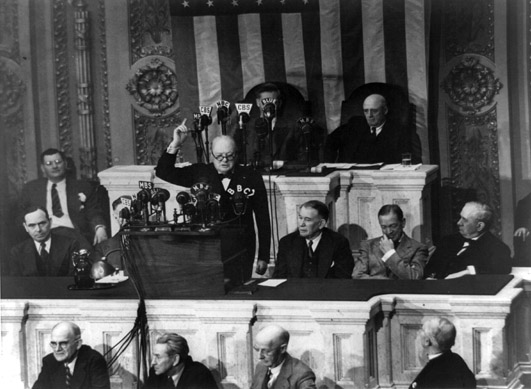
A friend writes asking for the audio of Churchill’s second of three speeches to Congress, and poses a question: “Roosevelt attended neither the 1941 nor 1943 speeches. Why not?”
Click here for clear audio of the 50-minute speech.
Presidents never attend speeches to Congress by foreign heads of state or government. Part of this is certainly courtesy, so as not to steal focus from the guest. In a deeper sense, it is an assertion of the separation of powers between Congress and the Executive. A similar tradition in Britain is when the House of Commons slams the door on Black Rod, when he summons Members to the House of Lords to hear the Queen’s Speech.…
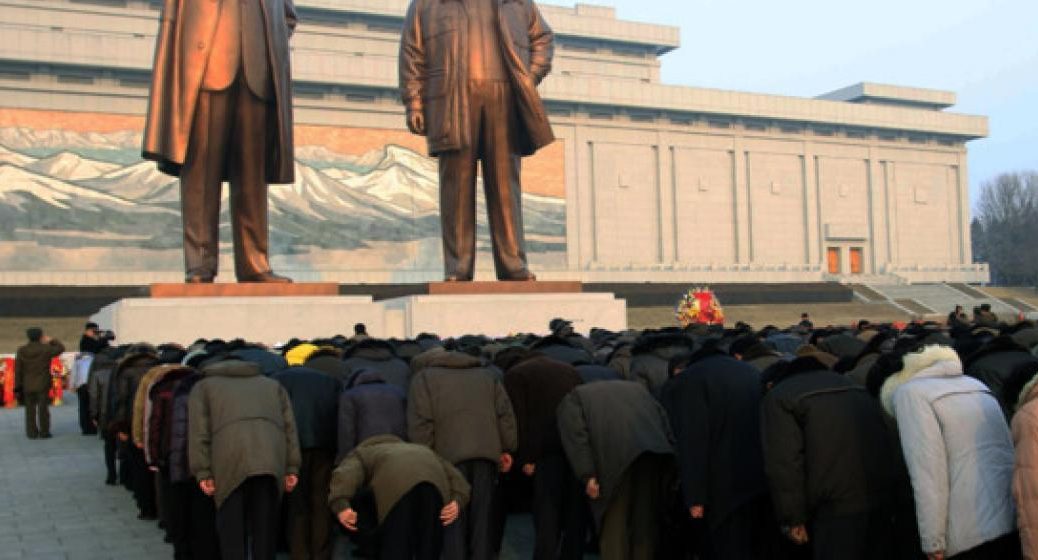
Korea was a problem in 1952—as it is today. “Is the Prime Minister aware of the deep concern felt by the people of this country at the whole question of the Korean conflict?” an opposition Member of Parliament asked the-then Mr. Churchill.
“I am fully aware of the deep concern felt by the honorable member in many matters above his comprehension,” Churchill quipped. Which avoided responding to an unanswerable question.
Self-Preservation’s Jarring GongHow do you answer the Korean question? There are no good choices. The Sino-Russian proposal for the U.S. to abandon joint military exercises in exchange for another promise by the North to stop building missiles and testing nukes is a non-starter.…
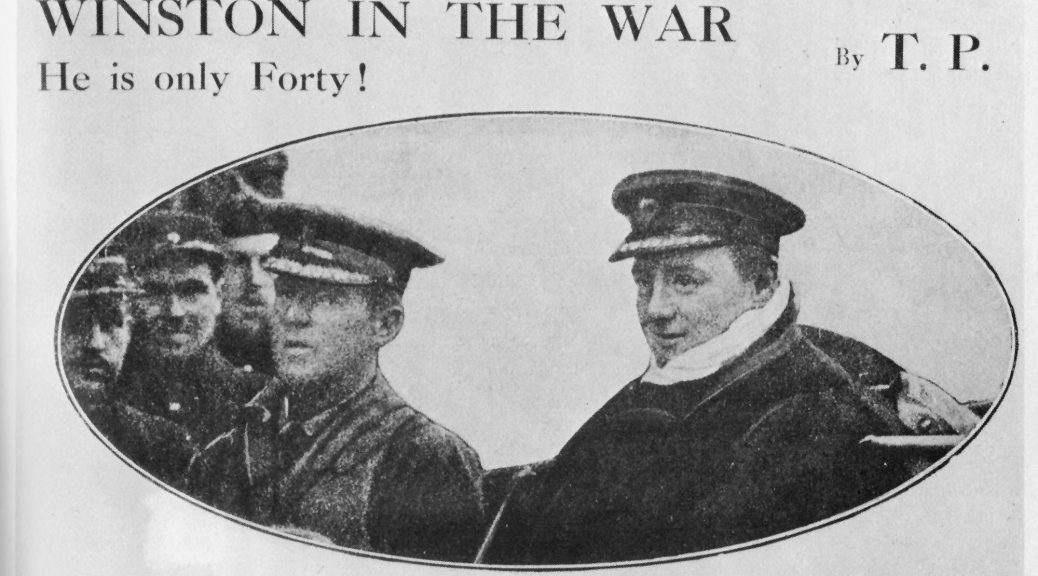
Churchill’s role in the defense of Antwerp, in October 1914, has been called one of his “characteristically piratical” adventures. An eminent historian described it as “a shocking folly by a minister who abused his powers and betrayed his responsibilities. It is astonishing that [his] cabinet colleagues so readily forgave him for a lapse of judgment that would have destroyed most men’s careers.”1
As the Germans closed in around Antwerp, Max Hastings writes, Churchill “assembled a hotchpotch of Royal Marines and surplus naval personnel… his own private army.” Then he “abandoned his post at the Admiralty.”…
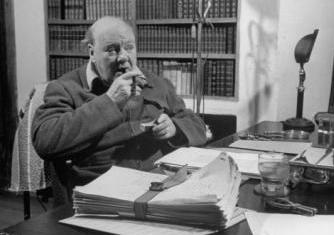
On the matter of Churchill’s taxes, a friend quotes a very good historian we both respect: “His relationship with the taxman was scandalous. As Chancellor of the Exchequer, Churchill exploited tax loopholes and he retired as an author on more than one occasion to avoid paying tax.”
My friend writes: “Surely what Churchill did was just on the borderline of tax-optimization? It would only be scandalous if it was tax evasion. But it was in fact legal.”
I am not an expert on Churchill’s taxes. I accept that he took whatever measures that were open and legal to minimize the bite.…
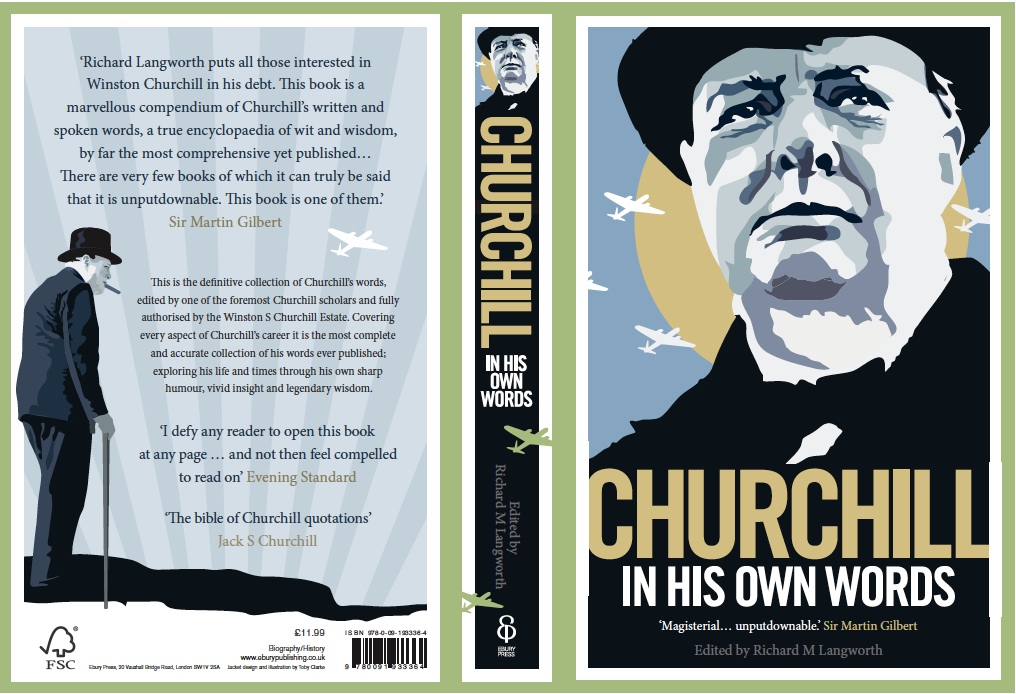
Optimist and Pessimist: Fifteen minutes of fame! David Davis MP, Secretary of State for Brexit, boots one in his recent speech and I’m finally in The Guardian. Probably the first and last time, given my opinions. **
Question: Referring to your posts of quotations Churchill never said, do you know who actually did say “A pessimist sees the difficulty in every opportunity; an optimist sees the opportunity in every difficulty”? I find no attribution other than to Churchill.
Pessimist: Not Churchill’s QuipAnswer: Sorry. I can’t track it; nor can my colleague Ralph Keyes, editor of The Quote Verifier.…
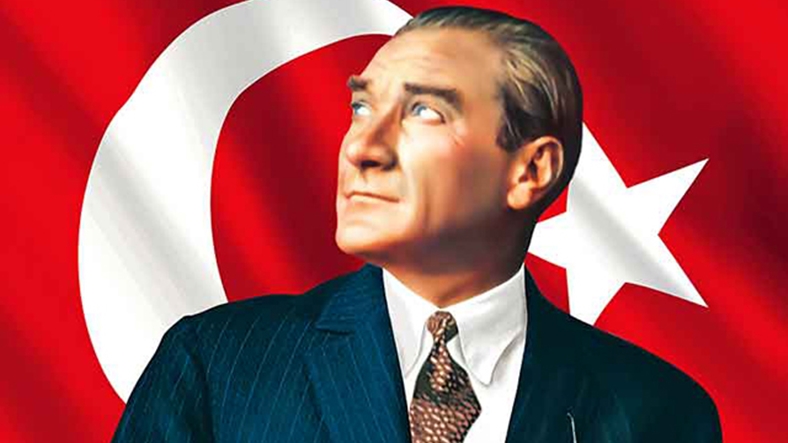
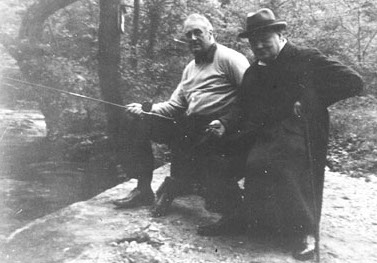
Q: What can you tell me about Churchill’s order for “Utmost Fish” in 1939. What did this have to do with his role as First Lord of the Admiralty?” —L.S, Spokane, Wash.
A: It had nothing to do with his role. It was characteristic of his attention to detail, and willingness to stray outside his limits.
“Utmost Fish”Hillsdale College’s “The Churchill Documents,” Vol. 14, for September 1939-May 1940, carries a recollection by Sir Geoffrey Shakespeare. Shakespeare (1893-1980) was a Liberal MP, 1923-45. He served Churchill as Parliamentary Under-Secretary of State for Dominion Affairs from 1940 to 1942.…
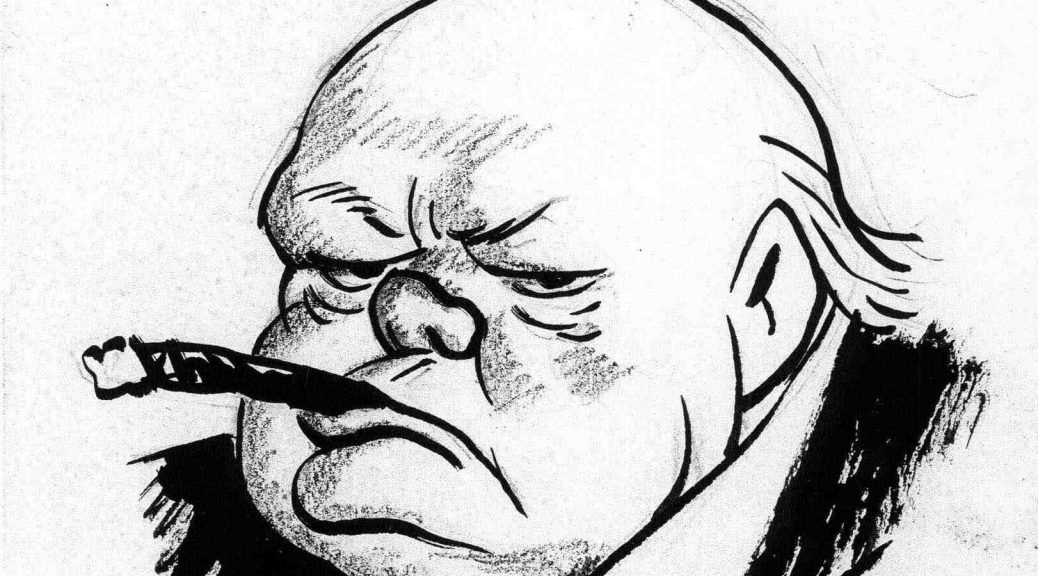
The first commandment of Lady Soames, Winston Churchill’s renowned daughter (1922-2014), was: “Thou shalt not proclaim what my father would do in modern situations.” However, since she enjoyed smoking a good cigar on occasion, she might excuse the suggestion that if he were around, he would probably not object to legalizing marijuana.
Churchill on SmokingThe journalist and broadcaster Collin Brooks wrote a sprightly essay, “Churchill the Conversationalist,” in Charles Eade‘s collection of articles, Churchill by His Contemporaries. (This 1953 book is inexpensive and well worth owning. It’s an evergreen collection of perceptive pieces on aspects of Churchill’s life and character.)…